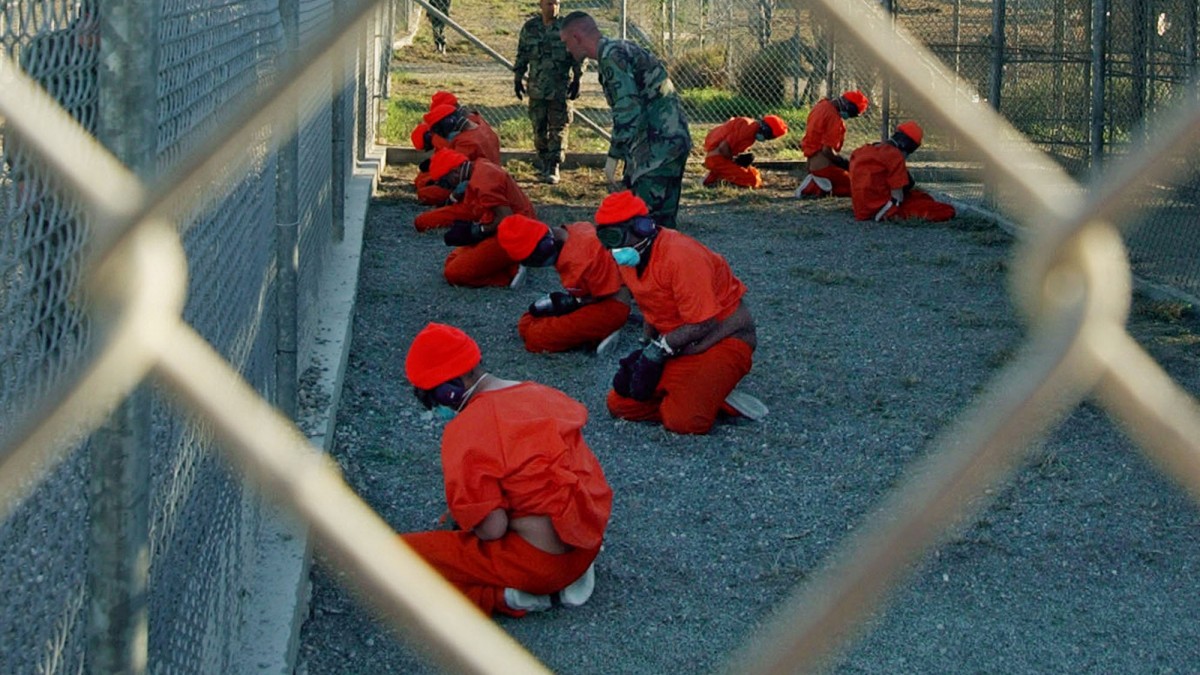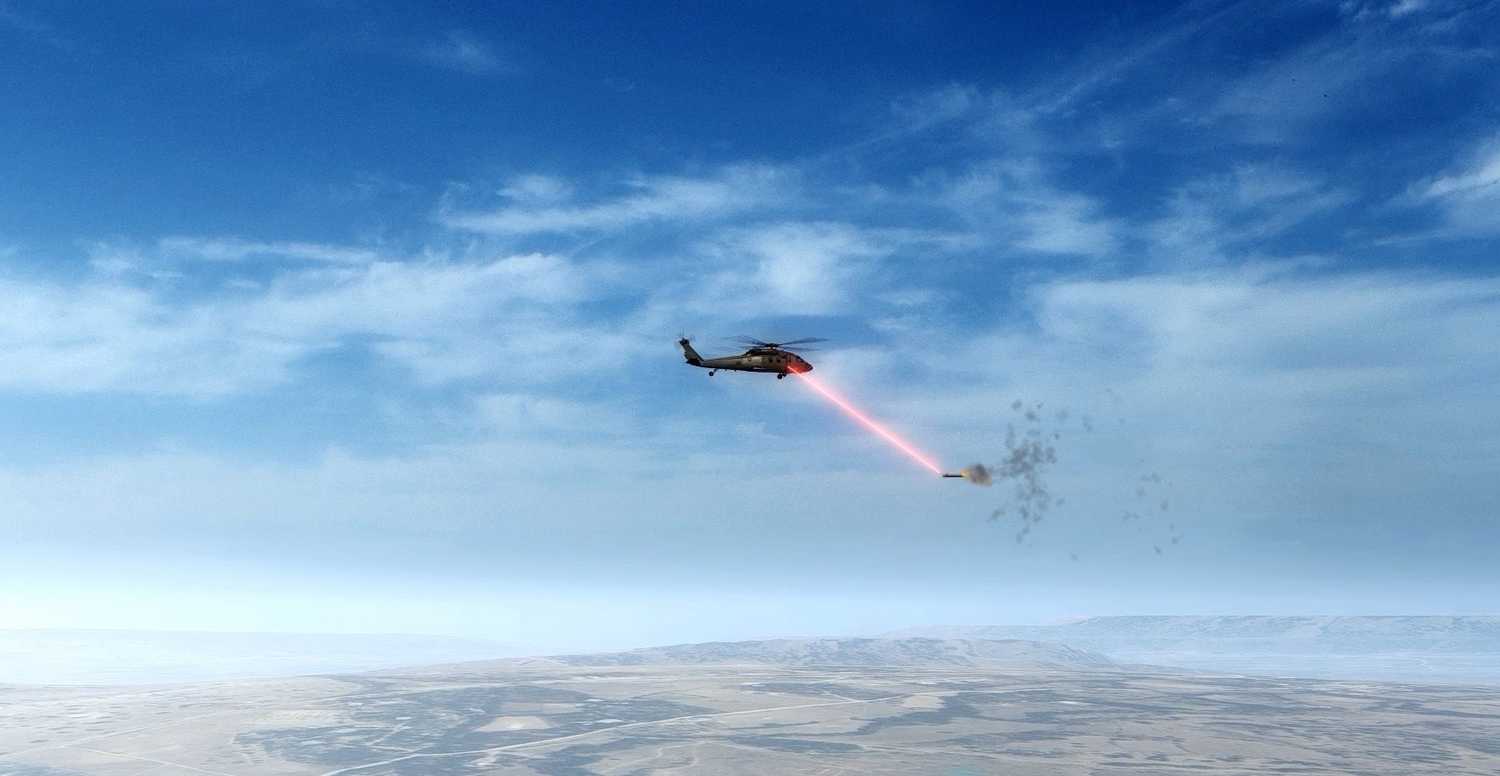War on Terror and Human Rights Violations in Guantanamo Bay | Nida Naz
Following the attacks on the World Trade Center and the Pentagon in New York on September 11, 2001, the United States took an action that would go down in history as a blot on International Law. Twenty years of war have ended, but many lives have been ruined, ravaged and thousands more have died still; the famous U.S. prison in Cuba, Guantanamo Bay, remained open. Almost 780 people have been tortured in Guantanamo Bay. It’s known as the “Dark Prison” because of the inhumane and vicious torture methods.
Mr. Zubaydah was the first person who went through the enhanced torture techniques, which President George W. Bush’s administration approved. He was the first person who waterboards about 83 times, 2-4 times a day; apart from that, he was extensively interrogated. He was subjected to numerous torture techniques, including forced nudity, sleep deprivation, confinement in small dark boxes, deprivation of solid food, stress positions, and physical assaults. Detainees subjected to beating, binding in contorted stress positions, hooding, subjection to loud noise, deprivation of food, drink, and medical care for wounds, walling, sexual humiliation, subjection to extreme heat or extreme cold as well as the most atrocious usage of “Rectal rehydration and feeding.”
Read More: How US Special Forces Are Trained?
The CIA kept proceeding because they believed Zubaydah might hold indispensable and vitally important information, leading them to Al-Qaeda’s prominent leaders. It’s been two decades, Zubaydah is in prison. The high-security prison “Gitmo” held 780 detainees in 2001 prisoners of the so-called “war on terror.” To date, it remained 39.
“These are detentions that are inescapably bound up with multiple layers of unlawful government conduct over the years – secret transfers, incommunicado interrogations, forced feeding of hunger strikers, torture, enforced disappearance, and a complete lack of due process,” said Amnesty International’s Daphne Eviatar in a statement.
The Supreme Court of the United States has begun hearing the case of a Guantanamo inmate. In October 2021, the country’s highest court heard oral arguments in the case of Abu Zubaydah, who has been incarcerated in Cuba’s infamous US-run prison camp since 2006.
Zubaydah’s attorneys have filed a case in Polish and European courts against Poland for its participation in the CIA’s brutal treatment of him while held in the nation.
As part of his case, Zubaydah is seeking testimony from James Elmer Mitchell and John Jessen, the creators of the CIA’s enhanced interrogation program.
The U.S. government has denied the request, claiming that interviewing Mitchell and Jessen would divulge “state secrets.” The matter has reached the Supreme Court after legal disputes in lower courts.
“Why not make the witness available?” Justice Neil Gorsuch said. “What is the government’s objection to the witness testifying to his own treatment and not requiring any admission from the government of any kind?”
During the hearing, Supreme Court Justices Stephen Breyer and Sonia Sotomayor echoed Gorsuch’s comments and asked, “Why Zubaydah remained in Guantanamo.”
“I don’t understand why he is still there,” Breyer said. “We want a clear answer,” Sotomayor added.
Zubaydah’s incarceration was also recounted in the Senate Intelligence Committee’s public report on the CIA’s torture program, which identified him as the first detainee subjected to the CIA’s interrogation program.
“Abu Zubaydah repeatedly sobbed, begged, pleaded, and moaned,” according to the report, “but continued to deny that he had any new knowledge on current threats to, or agents in the United States.”
Abu Zubaydah, a Palestinian born in Saudi Arabia, was arrested in Pakistan in 2002 during a joint US-Pakistan raid. He was suspected of being a high-ranking Al-Qaeda operative and plotter of the September 11 attacks.
In a court petition, the U.S. government labeled Zubaydah as “an associate and lifelong terrorist partner of Osama bin Laden,” but his attorneys dismissed the claim as “categorically untrue.”
A divided 9th U.S. Circuit Court of Appeals panel dismissed Mitchell and Jessen’s assertion of the state-secrets privilege, holding that the material requested was not a state secret. The information has “been in the public view for some time now,” according to the 9th Circuit since the CIA’s operation of a detention facility in Poland has been widely publicized by journalists and other groups.
It’s still uncertain and no one can predict what will be the court decision and what will be the consequence. The Supreme Court decision will be by summer 2022.
About Author: 
Nida Naz holds a Masters’s degree in International relations and she is working in the Express Tribune.
- Global Defense Insighthttps://defensetalks.com/author/umair/
- Global Defense Insighthttps://defensetalks.com/author/umair/
- Global Defense Insighthttps://defensetalks.com/author/umair/
- Global Defense Insighthttps://defensetalks.com/author/umair/













